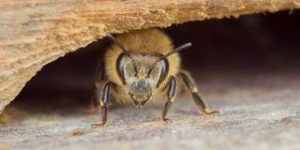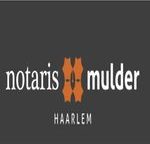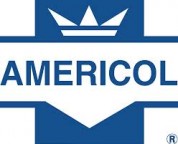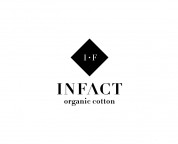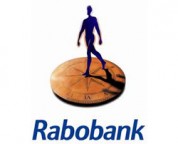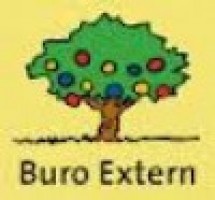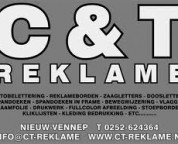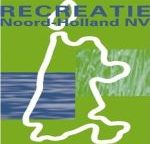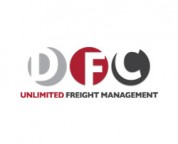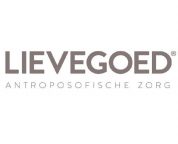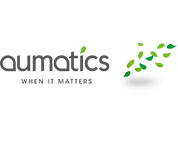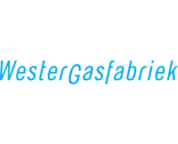The Initiators
Rudolf van Aalderen, entrepreneur, founder and Chairman of the Smart Beeing foundation
“After years of service with a big logistical service provider I started my own company together with two partners. We offer complete logistical and transport solutions for the live entertainment, automotive and project industry. Being at the right place at the right time. I travel a lot for my job, around the world and I have a lot of international contacts. But, of course, in our line of work we leave a pretty big ecological footprint. That’s why the question of what we can do to repay that debt been weighing on my mind more and more. I’m very interested in societal projects, doing business while keeping an eye on the social effects and using a share of your assets for societal causes.”
“In my search I stumbled upon the problem of the bees. This appealed to me very much. Not the romantic story of the birds and the bees but the fact that bees are an essential factor in our eco-system. Without bees a third of our crops simply would not exist! Diseased bee-populations in this way form a direct threat for us humans. And it’s not going well with the bees.”
“What appeals to me in regards to the cooperation with fellow promoter Ferry is that we can very concisely work on strengthening and protecting the bee-populations, namely by building and keeping bee yards. I can, by way of my business contacts, give financial aid and deliver other products to keep and build those yards. Ferry is beekeeper and has the knowledge and the contacts in the beekeeping world.”
Ferry Schutzelaars, beekeeper since 25 years and board member of the Smart Beeing Foundation
“It all started when an acquaintance of mine, the widow of a beekeeper, asked me the remove a swarm from her tree. I became interested.” “By then I was already working for the Borgstichting and there I could put my work into practice. We build our own beehives and I took a course. I learned a lot during that time, among other things, how to stop bees from swarming. But that idea I did not put into practice. Bees are after all not waiting for you to stop them swarming. Swarming is part of their natural way of life. Very quickly I learned that I wanted to keep bees biologically. This means that you allow the bees to live their own natural lives for the most part and you only intervene when it is in the bee-population’s best interest.”
“Around the 20s of the past century keeping bees in a businesslike manner was introduced. Because of the exponentially increasing knowledge man was better able to get a high yield out of the beehives; a lot more honey was harvested. But to achieve this the bees had to work very hard for a miserable pay-out. The honey they produce is completely harvested by a lot of beekeepers. As food for the winter the bees are fed with sugar water. ‘Free Bees’ will use in the winter – during their resting period or hibernation- their own honey to sustain them. I’m convinced that the bee diseases we are faced with today are at least partially the consequence of over burdening the bees. That’s why I’ve decided to not harvest honey for a few years, so my bees can recuperate.”
“Through a happy coincidence I met Rudolf. He’s interested in bees from a different point of view then I am and he brings other supplies to the table then I do. Through our cooperation we can tackle the bee problem at a far larger scale and reach a far broader audience. We can’t look to the government or nature preservation societies for investments in these times. Among the entrepreneurs we might find a lot of interesting opportunities.

